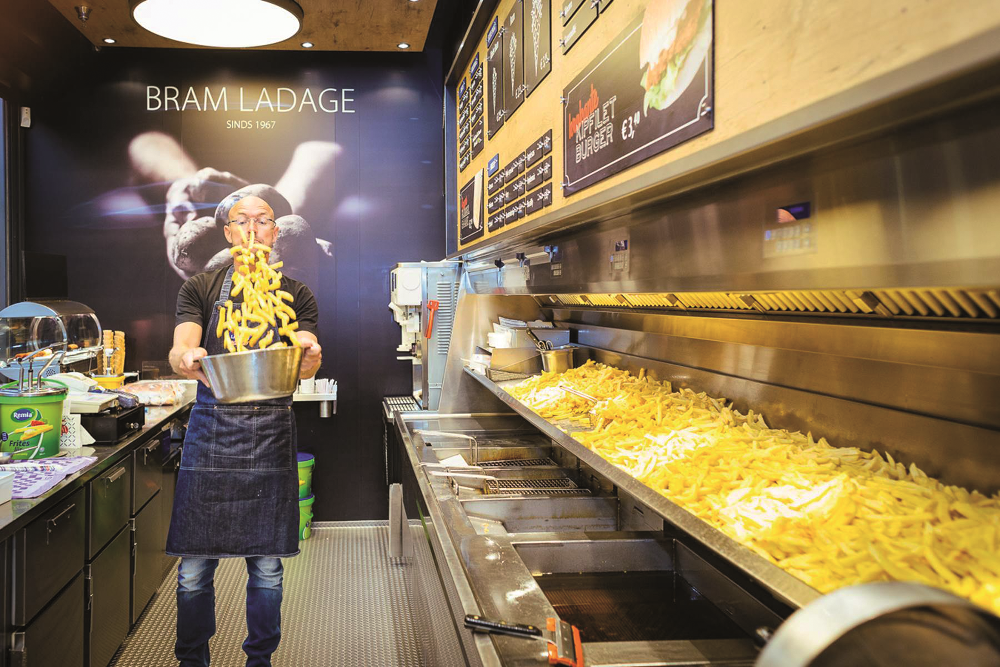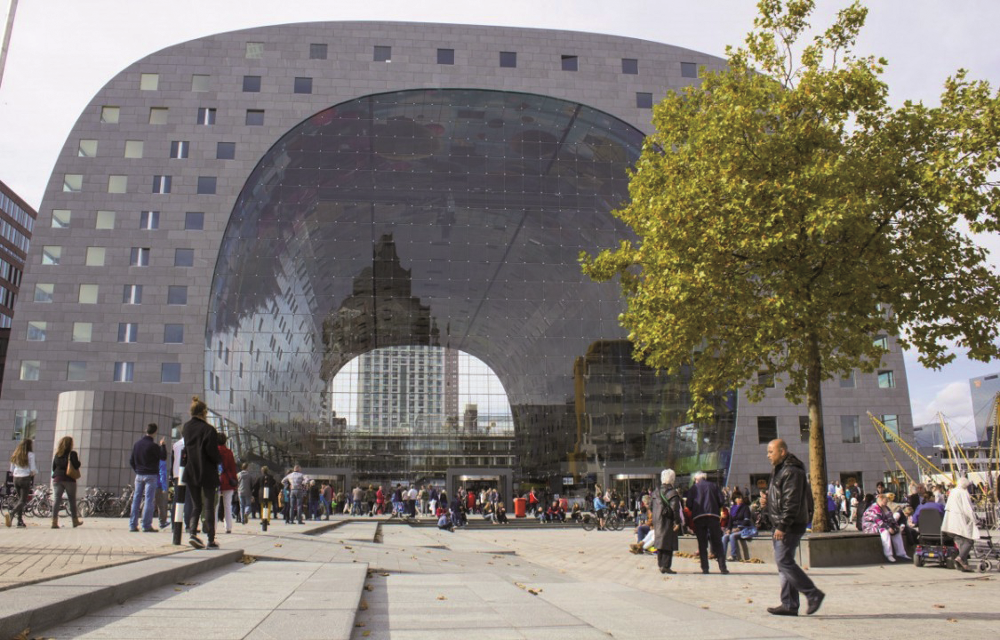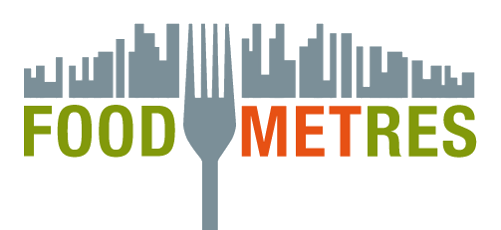Case Study Rotterdam (The Netherlands)
Despite Rotterdam´s top position in the world´s agro-food economy, the city and its metropolitan region is facing major challenges:
- Achieving sustainability in terms of social, economic and environment assets to ensure resilience of the agro-food system;
- Facilitating the transfer from a volume-based, traditional food industry, to a knowledge-based processing industry;
- Providing to the people of Rotterdam a high degree of rural-urban integration, social cohesion, cultural diversity and liveable landscapes;
- Introducing a concept of innovation including product, social, technical and governance aspects through the establishment of new (cluster) services coupling Greenport Westland and Oostland with the Rotterdam Metropolitan Area.

Producing sufficient, high quality food while preserving soil organic biodiversity, using less fertilizer, water, and fossil fuel energy resources – reducing the environmental and climate impact of the production process – while maintaining a high quality of life and a highly competitive economy, are key assets for metropolitan regions all over the world. Convinced that a wealth of relevant knowledge regarding Rotterdam´s agro-food sector is available but not always accessible in industry, farming, science and public services, both the City of Rotterdam and the Province of South-Holland considered the FOODMETRES project as an opportunity to allow the different parties to benefit from the project´s knowledge brokerage capacities in order to commonly develop visions for a sustainable future for a key policy initiative, the “Rotterdam´s Food Cluster”.

Taking the city´s ambitions as a starting point, FOODMETRES focussed on three distinct types of sustainable food chain innovation:
- Making dairy food chains more sustainable
- Regional product marketing in Hoeksche Waard
- Metropolitan Food Clusters, Agroparks and greenhouse technology
Part of these research activities involved the organisation of regional workshops and the mailing of questionnaires for impact and policy assessment.

